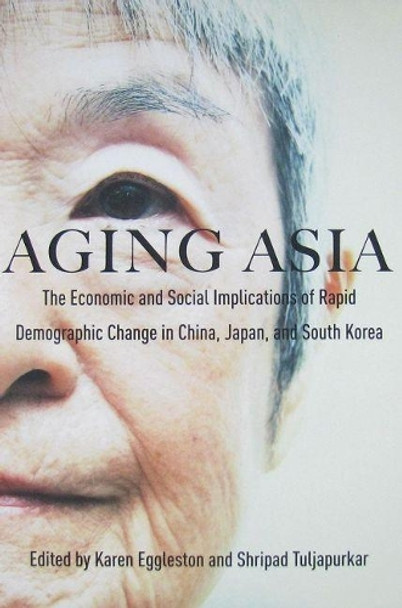Description
In the past fifty years, two factors have led to global population aging: a decline in fertility to levels close to-or even below-replacement and a decline in mortality that has increased world average life expectancy by nearly 67 percent. As the population skews toward fewer young people and more elderly who live longer postretirement lives, demographic changes-labor force participation, savings, economic growth, living arrangements, marriage markets, and social policy-are transforming society in fundamental, irreversible ways. Nowhere are these effects of aging and demographic change more acute-nor their long-term effects more potentially significant-than in the Asia-Pacific region. How will these developments impact the economies and social protection systems of Japan, South Korea, China, and, by extension, the United States?
To assess this question, Aging Asia showcases cutting-edge, policy-relevant research. The first section focuses on demographic trends and their economic implications; the second section approaches select topics from a global comparative perspective, including social insurance financing, medical costs, and long-term care.
About the Author
Karen Eggleston is the director of the Asia Health Policy Program (AHPP) at Shorenstein APARC, Stanford University, USA. Shripad Tuljapurkar is professor of biology and the Dean & Virginia Morrison Professor of Population Studies at Stanford University, USA. He also directs demographic programs at Stanford's Center for the Demography, Economics and Health of Aging, and the Stanford Center for Population Research in the Institute for Research in the Social Sciences, USA.
Book Information
ISBN 9781931368209
Author Karen Eggleston
Format Paperback
Page Count 277
Imprint Asia/Pacific Research Center, Div of The Institute for International Studies
Publisher Asia/Pacific Research Center, Div of The Institute for International Studies





